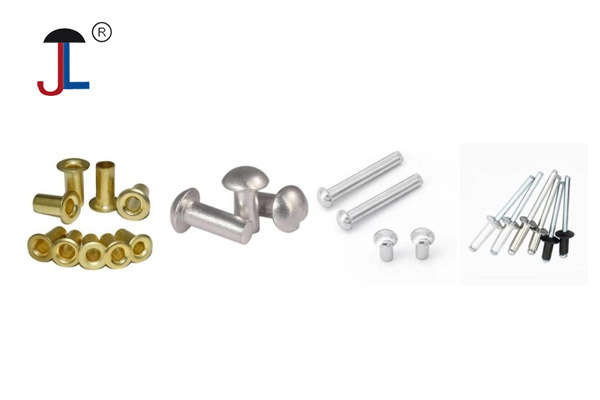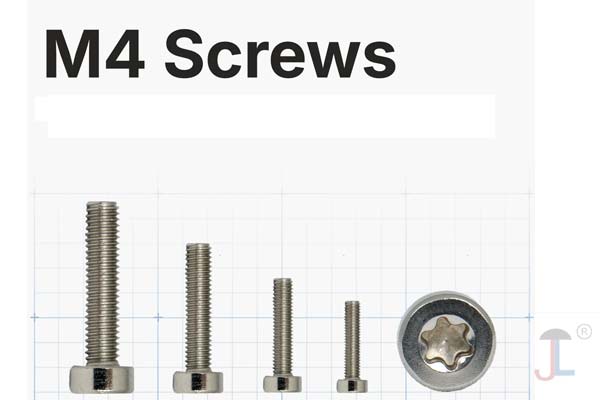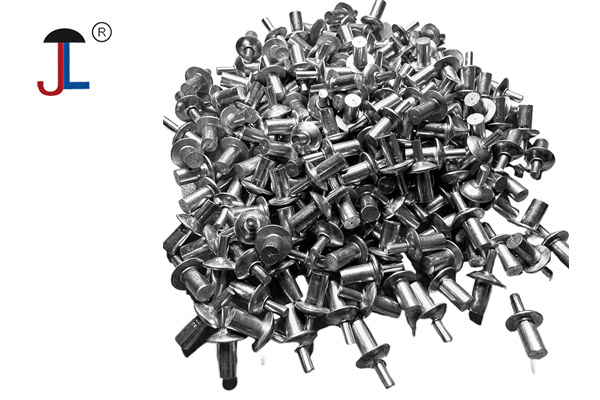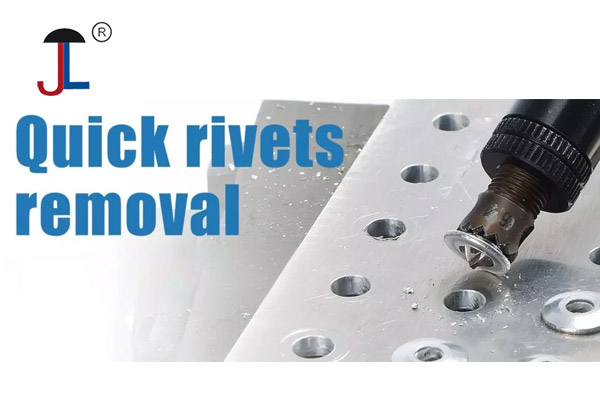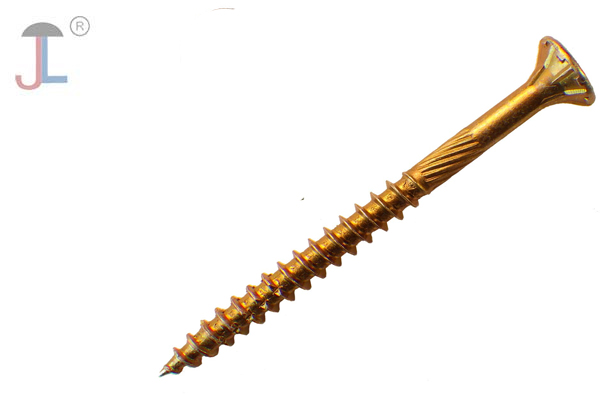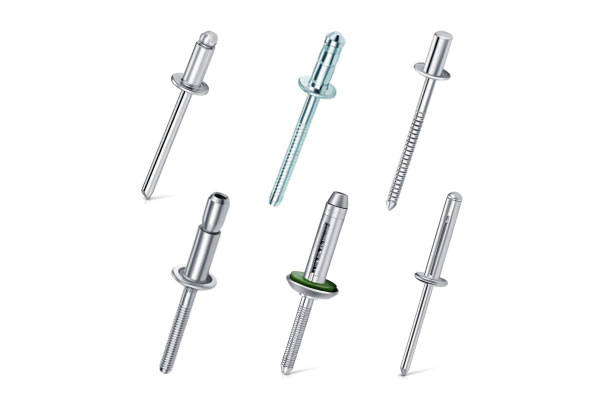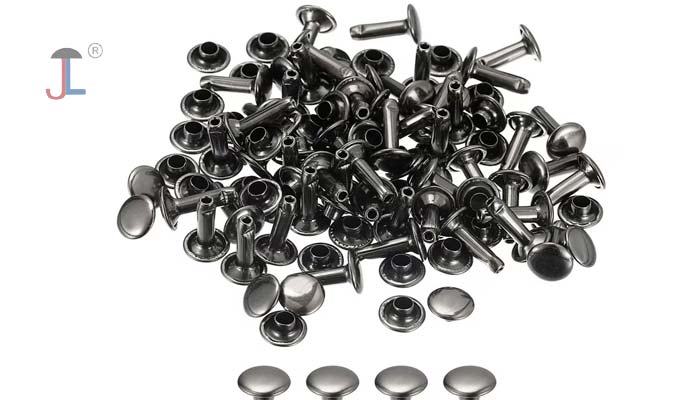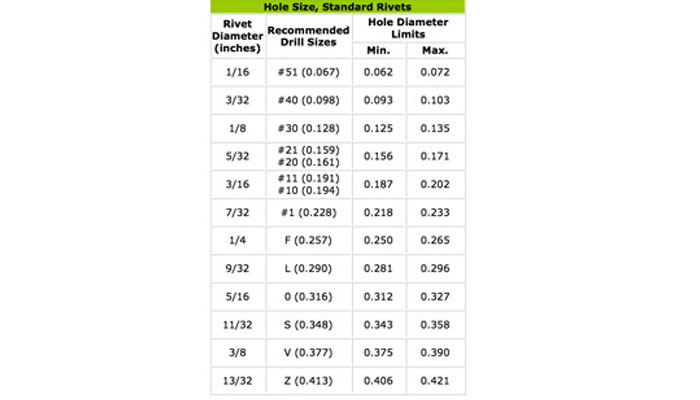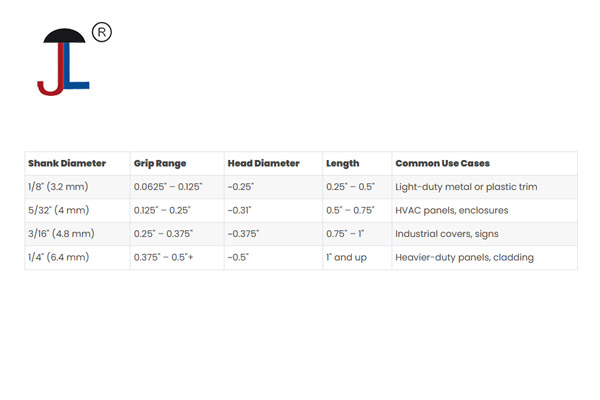Drywall screws are not inherently rust resistant. They are typically made from low-carbon steel, which is prone to rust when exposed to moisture or humidity. Most drywall screws have a coating, such as black oxide or phosphate, intended to improve rust resistance and prevent rusting from the wet drywall compound during indoor use. However, this coating does not completely stop rusting, so black drywall screws can still rust over time, especially when exposed to moisture or outdoor conditions.
For indoor drywall installation, these coated screws generally perform adequately, but they are not suitable for outdoor use or damp environments because they will rust quickly and weaken. The rust can also stain surrounding materials like wood, causing further damage.
If rust resistance is needed, especially for outdoor or humid environments, it is recommended to use screws specifically designed for such conditions. These include:
-
Stainless steel screws, which have high corrosion resistance and do not rust easily even in humid environments.
-
Screws with epoxy or polymer coatings that provide an extra moisture barrier.
-
Hot-dipped galvanized screws, which have a thick zinc coating offering strong protection against rust.
-
Zinc-coated drywall screws made through electroplating, which offer improved corrosion resistance compared to standard phosphate-coated screws.
In summary, standard drywall screws are not rust resistant enough for outdoor or moist environments. For rust resistance, stainless steel or specially coated screws should be used instead.
Recommended Reading:

